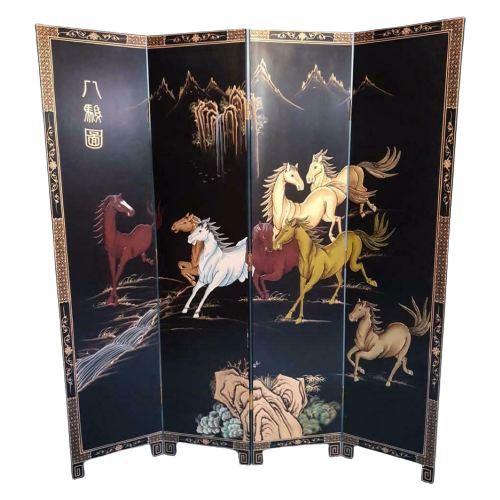Furniture belongs in a home, not on a scrap heap
At Reliving, we take a stand against the non-sustainable fast furniture movement in the industry. We advocate for a sustainable and environmentally friendly alternative to traditional furniture sales.

The story behind a devastating industry

Furniture used to be long-lasting
The furniture your grandparents bought was durable, long-lasting, and sustainable.

The rise of fast furniture and mass production
Sometime during the last century, a new trend in furniture was being promoted by big retailers. They started to produce cheap, short-lasting furniture made out of plywood and other low-cost materials: fast furniture was born.

The devastating impact on our environment
This fast furniture trend fueled by some of the biggest furniture retailers has a devastating impact on our environment. Wood sourced from illegal deforestation is turned into cheap chairs and tables.
Furniture has to be replaced on average every 3-4 years. And while the industry portrays itself as ecologically friendly, in practice only 1% of all furniture gets recycled.

It's time for a change
At Reliving, we believe it’s high time for a change. We need to establish a truly sustainable and environmentally friendly relationship with our furniture. That’s why we only use high-quality furniture with long durability that we keep in circulation for as long as possible.
Every item on Reliving is second hand and curated by us for quality. Our ultimate goal:
A world where fast furniture disappears and furniture has a longer lifecycle.
And you can play an important role in this
By choosing second-hand, you are contributing. For every item on our website/platform, you can see the amount of CO2 you would save by buying this product. The CO2 examples show what you save when you choose second hand furniture instead of buying new. Although this is an considered average, we do have to mention that this is not the exact impact, as the real CO2 impact depends on several factors and is very complex. The real CO2 impact depends on several factors. These include material choices, dimensions, weight and transport.
Check out the research Reliving did in collaboration with students from the University of Amsterdam.
Check out the research Reliving did in collaboration with students from the University of Amsterdam.










